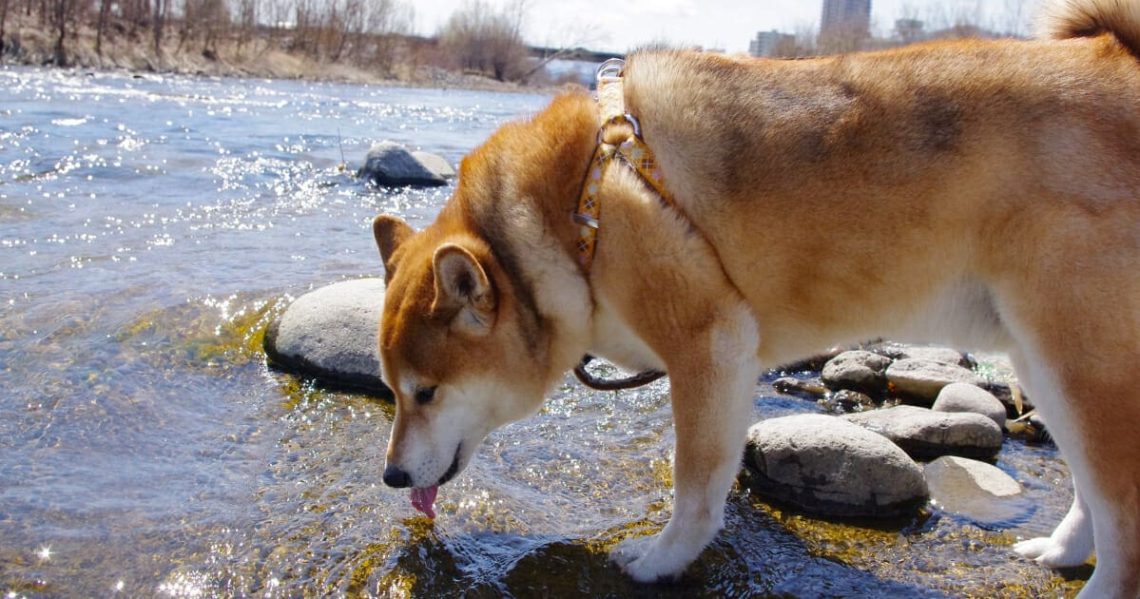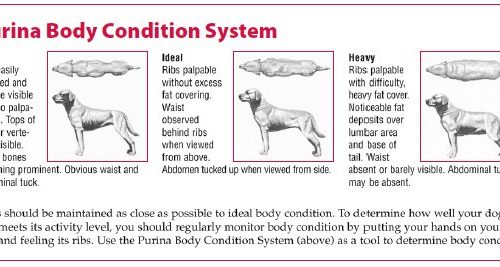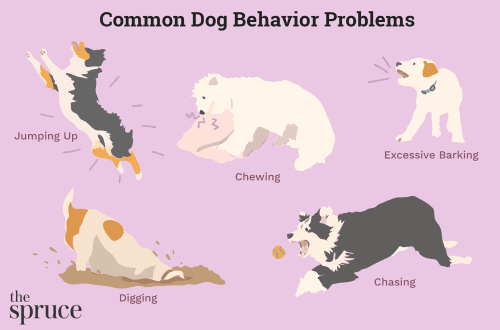
Increased thirst in a dog: what to pay attention to the owner and when to see a doctor
Why does a dog drink a lot? Excessive thirst in dogs, also known as polydipsia, is a fairly common condition for owners. This is one of those conditions that should not be ignored. The causes of increased thirst in a dog can be different, and some of them are deadly if they are not eliminated in time.
If a dog drinks frequently and heavily over the course of a day or so, this is usually not a cause for concern. Pets may drink more than usual if they are very hot or bored, or after eating certain foods or strenuous exercise. As a rule, active and lactating dogs also drink more than usual.
But if the dog drinks a lot of water and often runs to the toilet for several days, then it’s time to take him to the veterinarian for a checkup.
The specialist will be able to rule out the following medical causes of thirst in a dog
Contents
Diabetes
In this condition, blood sugar levels rise either as a result of insulin deficiency or insulin resistance. Excess sugar in the blood is excreted by the kidneys with urine, “taking away” water with it. In this case, frequent urination can cause the dog to become excessively thirsty. Diabetes mellitus is treated by changing the dog’s diet and administering insulin.
Kidney Diseases
Pets with impaired kidney function may have problems with urine concentration. Then the dog develops thirst and frequent urination. Kidney disease is a serious condition that often requires a change in the dog’s diet and treatment of any underlying causes of kidney failure, such as kidney infections or stones.
Cushing’s syndrome
In Cushing’s syndrome, the adrenal glands secrete excessive amounts of cortisol due to a tumor in the pituitary or adrenal glands. Excess cortisol increases thirst and, as a result, urination. Depending on the location of the tumor, Cushing’s syndrome can be treated with medication or surgery.
Diarrhea or vomiting
In any dog, diarrhea or vomiting leads to fluid loss in the body. To avoid dehydration, dogs that have recently had this disorder may drink more than usual.
Pyometra
This is the medical term for an inflammation of the uterus that only occurs in unneutered bitches. Pyometra is a life-threatening condition and requires immediate surgery, antibiotics, and rehydration with intravenous fluid therapy.
Other Causes of Excessive Thirst in Dogs
Other reasons why a dog drinks a lot of water include:
- dehydration;
- liver disease;
- cancer;
- infection;
- increased body temperature;
- taking medications, including steroids and diuretics;
- heat stroke, or hyperthermia;
- diabetes insipidus;
- hyperthyroidism;
- parasites;
- hypercalcemia.
In each of these cases, treatment will depend on the underlying cause.
The dog is constantly thirsty: a visit to the veterinarian
If your dog is drinking too much, it’s important to see a veterinarian as soon as possible. It’s best to bring your dog’s urine with you for analysis and be prepared to answer questions from a specialist, such as about your pet’s food or changes in its appetite or habits.
The doctor may also ask about traveling with a dog and want to know the history of vaccinations and preventive care. It is better to write down all the questions that you need to ask the specialist in advance, so as not to forget to clarify the necessary information at the reception.
The veterinarian will perform a complete physical examination of the dog and likely recommend testing. Most often, in such cases, a general blood test, biochemistry, a general urinalysis and an analysis of the specific gravity of urine are prescribed.
These tests will help narrow down the possible causes, as well as provide the specialist with information about how the dog’s liver and kidneys are functioning, whether the dog has signs of infection, such as elevated white blood cells, and can rule out diabetes and Cushing’s syndrome. The specific gravity of the urine will help diagnose kidney disease and dehydration. It is also needed to detect the presence of sugar or bacteria in the urine. Depending on the results of the tests, the veterinarian will identify the problem or prescribe an additional examination.
If your dog has started drinking a lot of water and urinating constantly, do not refuse to drink to prevent life-threatening dehydration. According to the American Kennel Club, signs of dehydration include excessive fluid intake, excessive fatigue, dry or sticky gums, loss of skin elasticity, and mucus in saliva.
Let the dog drink as much as he wants, and its owner is better off calling a veterinarian. It will help determine whether your pet’s excessive thirst is a sign of a serious problem or just a harmless temporary phenomenon.
Dr. Sarah Wooten





